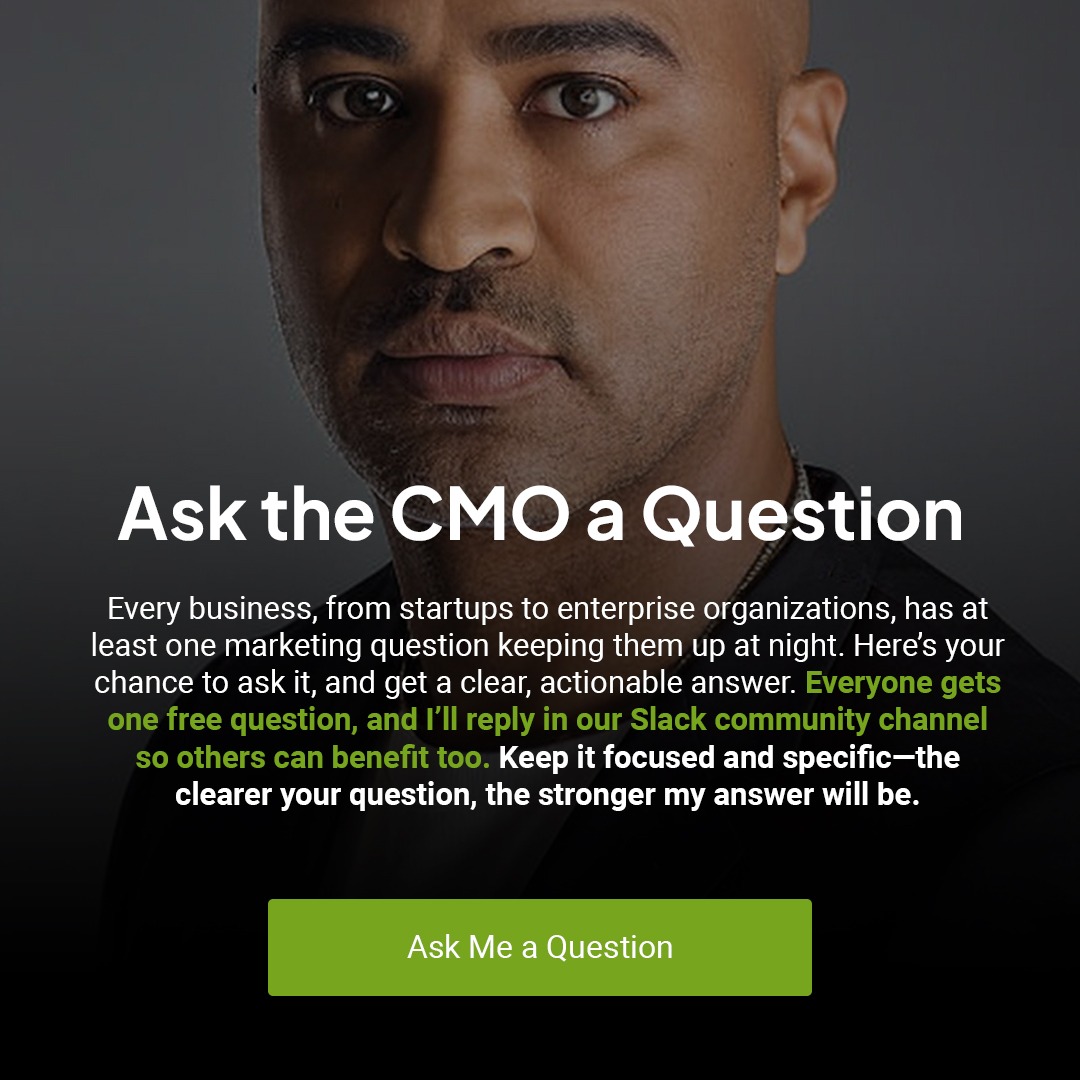It’s the age-old tale of man vs. himself. Only this time, he’s leading a startup, wearing Allbirds, quoting Naval, and hoarding Notion docs like they’re sacred texts. Some of the most revolutionary startup ideas never get to see the light of day. Not because someone beat them to market. Not because the product lacked potential. But because the person driving the ship decided to steer with blindfolds on.
The founder, who once inspired with vision, slowly turns into a saboteur. Not because they meant to. But because they couldn’t evolve. This is how the death spiral begins. It doesn’t announce itself. It creeps in through ego, settles in the lack of structure, and accelerates every time a founder ignores hard truths.
By the time reality hits, it’s too late to course correct. You’re out of runway, out of talent, and out of trust.
The Myth of the Brilliant Idea
Founders often believe they’ve stumbled onto the one idea no one else has thought of. That they’re sitting on the next Uber, but for [insert whatever].
Reality check: Ideas are worthless without execution. And execution without structure is just chaos with a logo. What you do with your idea, how you build systems around it, and how disciplined you are about the boring stuff—that’s where the separation begins. That’s what creates a business instead of a fleeting experiment.
You can’t skip budgeting and process and expect to scale. You can’t dodge hiring discipline and expect people to operate in sync. There’s no prize for winging it longer than anyone else. The startups that survive turn into companies. And companies are, by nature, operational machines. Not artistic experiments.
Brilliance isn’t what scales. Discipline does.
Distrust, Desperation, and the Death Grip on Control
Inexperienced founders often fall into the same trap: they start to believe that no one else can be trusted to carry the vision. So they meddle. They overcorrect. They second-guess every decision, rewrite every product spec, redo every deck 18 times in the middle of the night, and slowly become the bottleneck for everything.
What starts as passionate involvement turns into full-blown micromanagement. The team stops making decisions, fearing retribution or simply annoyed by the constant interference. The smart, capable hires you brought in start checking out, and then they check out for good. And when they leave, the founder tells a neat little story to everyone else to make it sound oh so perfectly justifiable why that person is gone… but never the truth.
“They just weren’t a fit.” “They wanted something slower.” “They didn’t align with the company’s evolution.”
No. They were exhausted. Tired of watching their work be undermined. Tired of wasting valuable energy on drama and misplaced ultimatums instead of momentum. Tired of caring more about the company than the person running it.
What replaces them? Silence. Compliance. Mediocrity.
Process Isn’t the Enemy, It’s the Only Way Out
There’s an anti-process cult in startup circles. Founders who believe structure is a constraint. That process is what kills innovation. Those operations are what the big, slow companies do.
This couldn’t be more wrong.
Process isn’t a bureaucratic overreach. It’s the system that keeps your best people focused, reduces waste, and prevents burnout. Process is what gives people the safety and clarity to move faster, not slower. It’s what separates chaos from repeatability.
Instead of relying on a bullet list, let’s paint the picture: A founder who builds systems from day one knows where every dollar is going. They know what success looks like in each department. They’ve created clear lanes for teams to run in, and they hold themselves accountable for maintaining that clarity. They don’t see planning as a constraint; they see it as a compass.
This doesn’t make them boring. It makes them lethal. Because while others are still chasing fires and rewriting roles, they’re already onto the following product line.
If your startup can’t function without your daily intervention, then it’s not a startup. It’s a one-man band, and the audience is leaving.
Truth-Tellers Are Not the Enemy
Every founding team has at least one: the person who sees the cracks before the collapse. The one who pushes for clarity, asks the hard questions, and demands structure.
These people aren’t trying to be difficult. They’re trying to save the company from itself.
But when insecurity leads, founders don’t see it that way. Instead of seeing the truth-teller as a compass, they treat them like a saboteur. They label them as negative, misaligned, “not a culture fit.”
And so these people leave. Or worse, they’re pushed out. And the founder explains it all away.
“She didn’t buy in.” “He wasn’t a team player.” “They didn’t understand the vision.”
Here’s what they did understand: that without process, without listening, without truth, the whole thing was going to collapse. And it usually does, right on schedule.
The Downfall Is a Slow Burn, Then a Firestorm
Most founders don’t notice when the death spiral starts. That’s the scariest part. It’s a slow erosion at first. A quiet resignation. A missed deadline. A key hire silently disengaging.
Momentum stalls. Team morale dips. People stop asking questions in meetings. You tell yourself it’s just growing pains. The pace is normal, and startups are hard.
And then everything accelerates. Deadlines become performative. Roadmaps are revised weekly. High-performers leave. Investors stop responding. And every prediction made by the people you ignored begins to come true.
Suddenly, you’re the only one left trying to convince everyone it’s still working. Only they’re not listening anymore. They’re updating resumes. They’re venting in private channels. They’re gone before the cap table settles.
How to Break the Spiral
You don’t need another framework. You need humility. You need to stop pretending leadership is about being the smartest one in the room. It’s not.
Leadership is listening when it’s uncomfortable. It’s letting go when it’s time. It’s elevating people who make you a little nervous because they challenge you to be better.
If your current plan to fix things looks like a Notion doc and a pep talk, you’re in trouble.
Here’s what turning the ship actually looks like: You audit your weaknesses and hire people who are better than you. You stop glamorizing chaos and start tracking performance. You build processes and hold everyone, including yourself, accountable to them. You welcome hard conversations, especially the ones that sting. And you make peace with the fact that control and growth are enemies.
Do that, and you might still save the thing. Don’t, and you’re just the founder of another startup that almost made it.
Some Ideas Deserve Better Than You
Let’s be real. Some ideas could change industries. But they won’t because they’re in the hands of people who refuse to grow up. If you’re too afraid to delegate, too insecure to take feedback, and too arrogant to admit you’re winging it, then step aside. Not because you’re evil. But because your team deserves better. And if that stings, good. That’s the pain of self-awareness trying to do its job. Your startup doesn’t need a savior. It requires a leader.
Want more insights like this? Check out other Transmyt reads:
Keep Reading
Want more? Here are some other blog posts you might be interested in.
Most B2B “lead problems” are not lead problems. They are “we never got them to a meeting” problems. The ad did its ...
Your customers expect to be tricked (unfortunately). They have seen bait pricing. They have fought to cancel. They have waited on ...
Confusing a launch plan with a GTM strategy is one of the fastest ways to stall growth. A launch plan gets ...
For founders and growing companies
Get all the tips, stories and resources you didn’t know you needed – straight to your email!




